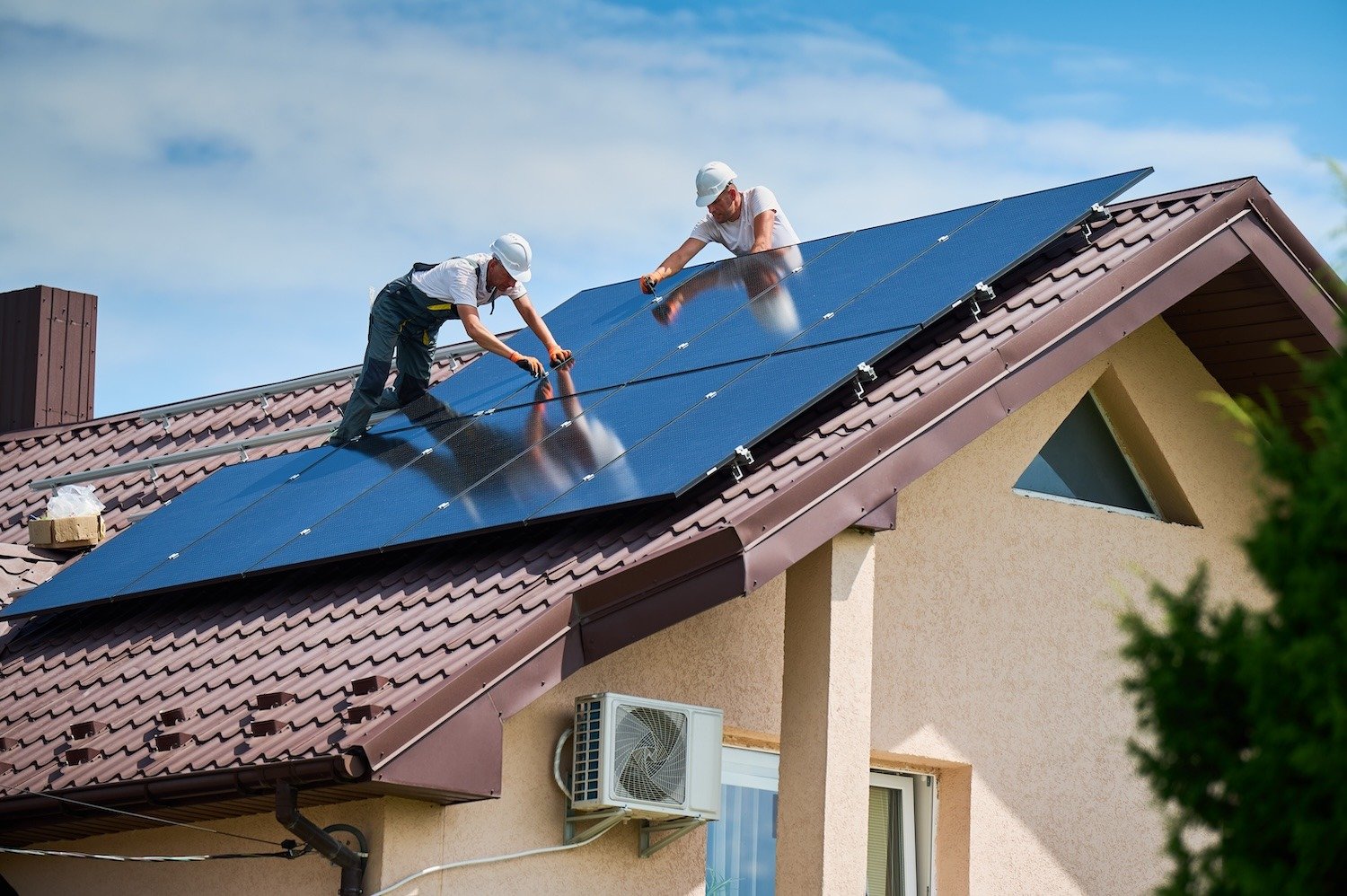By Jessie Taylor
In the face of the recent energy crisis, more households and businesses are turning to self-funded renewable energy products, according to recent surveys. Research by the Competition Commission and the South African Renewable Energy Grid Survey (SAREGS) have highlighted the growing number of individuals and businesses investing in renewable energy, catapulting the country towards a cleaner, more sustainable energy future.
The rise of self-funded renewable energy products
A recent survey by the Competition Commission revealed a significant shift in how South Africans approach energy consumption. The survey between October and November last year shows that most households and businesses are turning to self-funded renewable energy products to combat load shedding and rising electricity costs.
One of the survey's key findings is that most South Africans, including small and medium-sized businesses, are investing in standalone renewable energy products such as solar PV panels, inverters, and storage batteries. These investments are primarily self-funded, with only a small percentage of participants using external financial support from banks or other financial institutions.
The survey also highlights the growing accessibility of renewable energy products, with many consumers purchasing these items as standalone products. The data shows a correlation between income levels and the type of renewable energy products purchased, with higher-income households more likely to invest in bundled systems than individual products.
The shift towards renewable energy is not limited to households. According to the survey, 70% of business respondents indicated that their renewable energy products are self-funded, with a significant portion of these investments going towards solar PV panels.
However, the cost remains a significant barrier, especially for smaller businesses, with 13% of respondents indicating that their solar installations cost upwards of R500 000. While credit options are available, the survey found that very few companies have taken advantage of these, preferring to self-fund their renewable energy projects.
Despite these challenges, businesses' adoption of renewable energy is gaining momentum, driven by the need to mitigate the impact of load shedding and rising electricity costs. This trend reflects the growing recognition among businesses of the importance of energy security and the long-term cost benefits of renewable energy.

